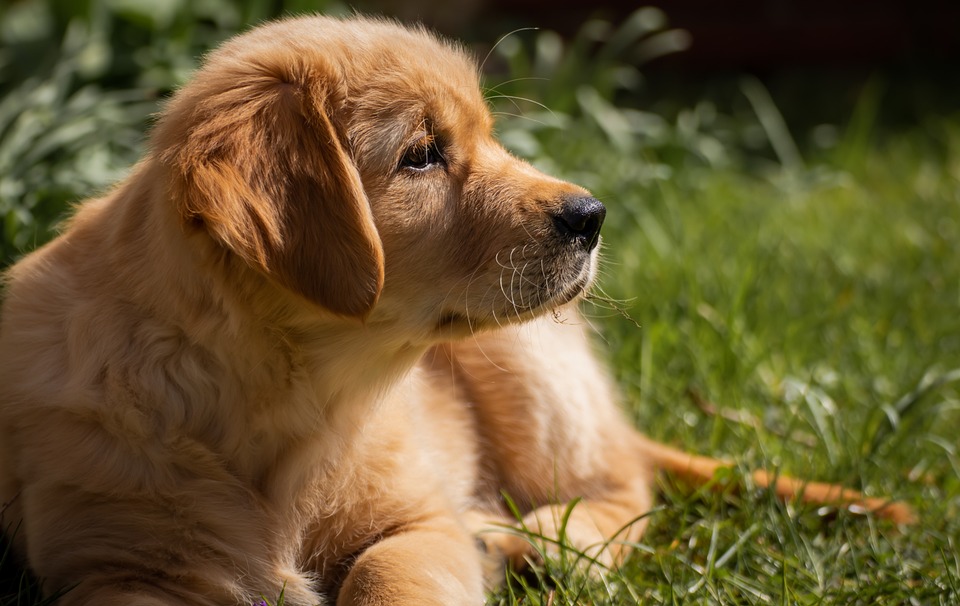Puppy socialization is a crucial part of raising a well-rounded and balanced canine companion. It involves exposing your puppy to different people, animals, environments, and experiences in a positive and controlled manner. By socializing your puppy early on, you can help build their confidence, promote proper dog-dog interactions, encourage positive experiences with people, and prevent phobias and anxiety.
One of the main reasons why puppy socialization is important is because it helps build confidence and reduce fear. During their critical developmental period, which is typically between 3 and 14 weeks of age, puppies are more open to new experiences. By exposing them to different sights, sounds, and situations, you can help them become more confident and less fearful as they grow older. Proper socialization also prevents the development of fear-based behaviors, such as aggression or anxiety, which can be challenging to address later in life.
Socializing puppies also promotes proper dog-dog interactions. Early socialization teaches puppies how to communicate and interact appropriately with other dogs. It helps prevent behavioral issues, such as dog aggression or excessive fear, by allowing puppies to learn acceptable social cues and boundaries. By socializing your puppy, you can help them develop the necessary social skills to have positive interactions with other dogs throughout their lives.
In addition to dog-dog interactions, socializing puppies also encourages positive experiences with people. By exposing your puppy to a diverse range of people, including children, men, women, and individuals wearing hats or uniforms, you can help them develop positive associations and trust with humans. This promotes friendly and well-mannered behavior towards people throughout their lives.
Furthermore, puppy socialization can prevent the development of phobias and anxiety. By providing your puppy with early positive experiences with various stimuli, such as car rides, vacuum cleaners, or thunderstorms, you can help prevent them from developing phobias or anxiety disorders later on. Gradual exposure and positive reinforcement during socialization can desensitize puppies to potential triggers and build their resilience.
To effectively socialize your puppy, here are some tips and techniques:
1. Start early and gradually. Begin socializing your puppy as early as possible, ideally between 3 and 14 weeks of age. Introduce one new experience or person at a time, gradually increasing the level of challenge based on your puppy’s comfort level.
2. Create positive associations. Use treats, praise, and play to reward your puppy during socialization experiences, reinforcing positive associations with new people, animals, and environments. Avoid forcing your puppy into situations they find distressing, as this can create negative associations.
3. Enroll in puppy classes. Puppy socialization classes provide a controlled environment for your puppy to interact with other dogs and people under professional supervision. These classes often incorporate obedience training, helping your puppy learn valuable skills while socializing.
4. Expose your puppy to various environments. Introduce your puppy to different environments, such as parks, streets, busy areas, or even different surfaces like grass or sand. Gradually expose them to new sounds, objects, and experiences, ensuring they have positive encounters.
Now, let’s address some frequently asked questions about puppy socialization:
1. When should I start socializing my puppy? It is recommended to start socializing your puppy as early as 3 weeks of age, continuing until around 14 weeks. However, socialization efforts can still be beneficial throughout their lifetime.
2. Can I socialize my puppy before they are fully vaccinated? Yes, it is safe to socialize your puppy before they are fully vaccinated. However, it is crucial to do so in controlled environments and avoid areas with a high risk of contagious diseases.
3. What if my puppy shows fear or aggression during socialization? If your puppy displays fear or aggression during socialization, consult a professional dog trainer or behaviorist for guidance. They can help you understand the underlying causes and provide appropriate strategies to address these issues.
4. Can I socialize my older puppy or adult dog? While socializing younger puppies is easier, older puppies and adult dogs can still benefit from socialization. It may require more patience and gradual exposure, but it can help improve their behavior and overall well-being.
In conclusion, puppy socialization is an essential aspect of raising a well-adjusted and confident dog. By exposing your puppy to various people, animals, environments, and experiences, you can help them develop into happy and sociable companions. Remember to start early, create positive associations, and seek professional guidance if needed. Invest in your puppy’s socialization journey, and you will reap the rewards for years to come.









